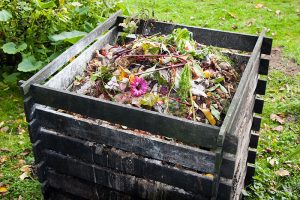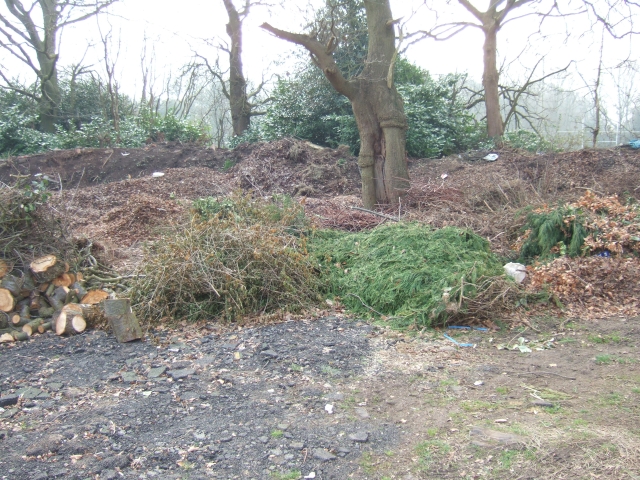
It has become widespread for garden waste to be recycled as the demand for a safer environment increases. In the UK, a majority of local councils provide garden waste recycling services for domestic purposes. According to a Waste and Resources Action Program (WRAP) report released in 2002, about 14% of domestic bins in UK households are made up of garden waste. Grass, weeds, homegrown fruits, vegetables, tree barks, branches, leaves, hedge cuttings, flowers, and twigs all makeup domestic garden waste.
The Composting Bit

A majority of garden waste can be recycled, which is what happens after it is put in a trash bin. In areas with household collection schemes, special bins for garden waste collection are provided by the local authorities. Then there is an established collection schedule, which ensures that the waste gets to the recycling centers where it is composted. What happens is that before garden waste is composted, the materials and waste that cannot be taken through the process are removed. The waste that is left is then laid in a compost pit.
Typically, composting is a long process, but in this instance, it is accelerated by increasing the temperatures. Garden waste may, as a result, take several weeks to compost as opposed to months. During the process, the waste is turned to ensure that there is a sufficient supply of oxygen, which is necessary for the breeding of microorganisms. After the material has finished composting, screening is done just in case some contaminants made their way in the mixture. It is also important to check for materials that are not properly decomposed. Compost materials have to undergo grading to meet standards of its various uses. See waste disposal sites in Leicester for your local waste site.
Garden Waste Disposal for Businesses

Besides homeowners, businesses in the UK have to dispose of garden waste the right way. Under the Environmental Protection Act 1990, anyone who operates a business is held by a duty of care; hence, there is a legal responsibility to dispose of waste as is required by law. A company should ensure that its garden waste is separated from other materials; a requirement of UK waste regulations as of January 1st, 2015.
What amounts to garden waste for businesses in the UK is the same as that of households. However, there is a legal definition of waste disposal guideline that companies have to follow. An enterprise should first decide if certain materials are waste and when the waste rules apply. Waste can be disposed of through disposal facilities that a company provides itself, particularly when it is on a large scale. Such businesses must provide “Waste Transfer Notes” in addition to receipts to prove that they have disposed of waste according to the law. Alternatively, a business can hire a certified commercial waste disposal services in the UK.
